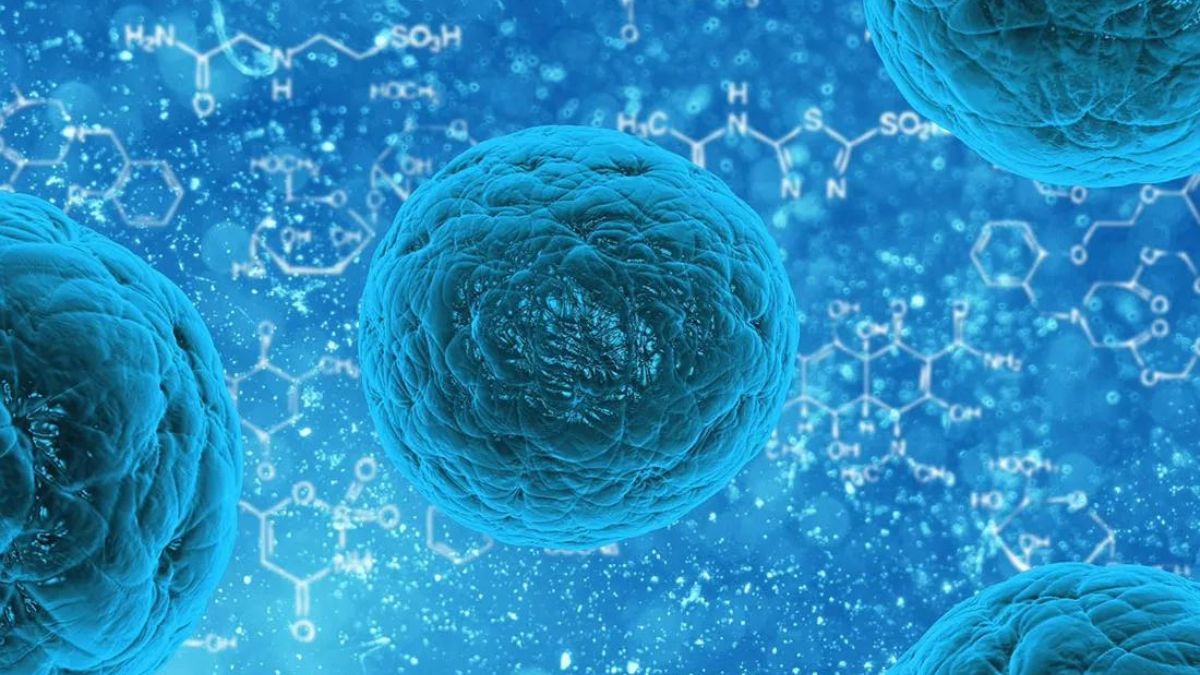Scientists Made Capsule-Sized Biobatteries to Energize Human Small Intestines, which are Difficult to Reach
December 11, 2022 By Prelo Con

(Image Credit Google)
What if people had the ability to ingest batteries that would power their bodies in the future?
At first glance, such a prospect could appear absurd given that batteries are often large and awkward for people to ingest. But with the aid of science, this concept might someday come to pass.
It is challenging to access the small intestine since it loops around the human gut for an average of 22 feet. As a result, according to a news release, researchers from Binghamton University are offering capsule-sized biobatteries.
They developed biobatteries with ingestible cameras to reach the small intestine, according to Dr. Seokheun "Sean" Choi, a professor in the Department of Electrical and Computer Engineering at the Thomas J. Watson College of Engineering and Applied Science and the study's lead author.
[caption id="attachment_70639" align="aligncenter" width="300"]

Seokheun (Sean) Choi, Chancellor's Award for Excellence in Scholarship and Creative Activities, Associate Professor, Electrical and Computer Engineering, August
31, 2020.[/caption]
According to Choi, these batteries are capable of a variety of tasks, such as physical sensing, imaging, and even medicine administration. Power, however, is a crucial problem. Primary batteries, which have a finite quantity of energy and cannot survive for an extended period of time, are now used to power electronics.
Also Read: Parasitic worms twirl and dance in a man’s ‘scrotum’
The strategy employed by the Watson team is based on findings made by Choi over the past 10 years on the usage of bacteria to produce small amounts of electricity capable of powering sensors and Wi-Fi connections for the Internet of Things (IoT).
 The team says that because wireless power transfer inside the human body is poor, conventional batteries may be dangerous. They claimed that both temperature differences and intestinal motility are insufficient for capturing mechanical or thermal energy.
The Bacillus subtilis bacteria used in the research team's biobatteries, meantime, generate spores and are inactive until they enter the small intestine. The micro-fuel cell can work in the small intestine thanks to the employment of a pH-sensitive membrane that needs to fulfill certain conditions in order to be activated.
According to Choi, the transit time through the digestive system's esophagus is barely 10 seconds, despite having a pH that is neutral, similar to that of the small intestine.
The team says that because wireless power transfer inside the human body is poor, conventional batteries may be dangerous. They claimed that both temperature differences and intestinal motility are insufficient for capturing mechanical or thermal energy.
The Bacillus subtilis bacteria used in the research team's biobatteries, meantime, generate spores and are inactive until they enter the small intestine. The micro-fuel cell can work in the small intestine thanks to the employment of a pH-sensitive membrane that needs to fulfill certain conditions in order to be activated.
According to Choi, the transit time through the digestive system's esophagus is barely 10 seconds, despite having a pH that is neutral, similar to that of the small intestine.
By Prelo Con
Following my passion by reviewing latest tech. Just love it.


 Seokheun (Sean) Choi, Chancellor's Award for Excellence in Scholarship and Creative Activities, Associate Professor, Electrical and Computer Engineering, August
Seokheun (Sean) Choi, Chancellor's Award for Excellence in Scholarship and Creative Activities, Associate Professor, Electrical and Computer Engineering, August The team says that because wireless power transfer inside the human body is poor, conventional batteries may be dangerous. They claimed that both temperature differences and intestinal motility are insufficient for capturing mechanical or thermal energy.
The Bacillus subtilis bacteria used in the research team's biobatteries, meantime, generate spores and are inactive until they enter the small intestine. The micro-fuel cell can work in the small intestine thanks to the employment of a pH-sensitive membrane that needs to fulfill certain conditions in order to be activated.
According to Choi, the transit time through the digestive system's esophagus is barely 10 seconds, despite having a pH that is neutral, similar to that of the small intestine.
The team says that because wireless power transfer inside the human body is poor, conventional batteries may be dangerous. They claimed that both temperature differences and intestinal motility are insufficient for capturing mechanical or thermal energy.
The Bacillus subtilis bacteria used in the research team's biobatteries, meantime, generate spores and are inactive until they enter the small intestine. The micro-fuel cell can work in the small intestine thanks to the employment of a pH-sensitive membrane that needs to fulfill certain conditions in order to be activated.
According to Choi, the transit time through the digestive system's esophagus is barely 10 seconds, despite having a pH that is neutral, similar to that of the small intestine.






